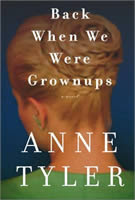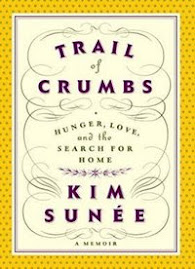The In-Between World of Vikram Lall by M.G. Vassanji
The book is about a man born in Kenya of parents of Indian descent. There’s a large Indian diaspora in East Africa (see Cutting for Stone by Abraham Verghese, one of my very favorite books), much like Lebanese throughout West Africa. There is an in-between space they inhabit – even if becoming African by citizenship and all notions of home, they cannot really be African in other ways, such as the eyes of others.
I learned so much about the history of Kenya through this book (written by a man who was born there and raised in Tanzania), of the Mau Mau Rebellion, Kenyatta, etc. What I appreciate is the personal nature of historic events, and how complicated things such as national independence are at a personal and social level.
The protagonist, Lall, lives in this in-between world, and this and tragedies of his past cause an emotional distance from the world. Because of this status and distance, he becomes embroiled in government corruption scandals while knowing that he could be a scapegoat at any time.
There are many different characters fleshed out, several of them whom I connect to even when the protagonist is less than sympathetic. His younger sister I was very fond of, for her passion and the suffering that in-between status caused. And there is a couple in a remote village, an English woman and African man, whom are intriguing because neither is really in-between, yet become so by joining together.
While the book didn’t really reel me in at first, a bit in I became more and more interested and then couldn’t put it down. And the ending was not as weak as endings of most really good books seem to be.
It also made me want to return to Liberia, for I know this outsider world quite well there – and the corruption, the connections, the whims. It is comfortable to me – as to the protagonist – in its craziness.
This morning I was complaining about Liberia to a woman who’s been there dozens of time – how poorly people communicate, how difficult to get necessities, the illiteracy and lack of critical thinking, etc. etc. But these things only bother me so much because I love Liberia so much. There is a sense of being at home there that is so comforting and simultaneously unsettling. That is the tone of the book, and why I appreciated it so much. While I have no experience in Kenya, it rang very true to me of what I have experienced in Africa – and I very much like truth in what I read.

